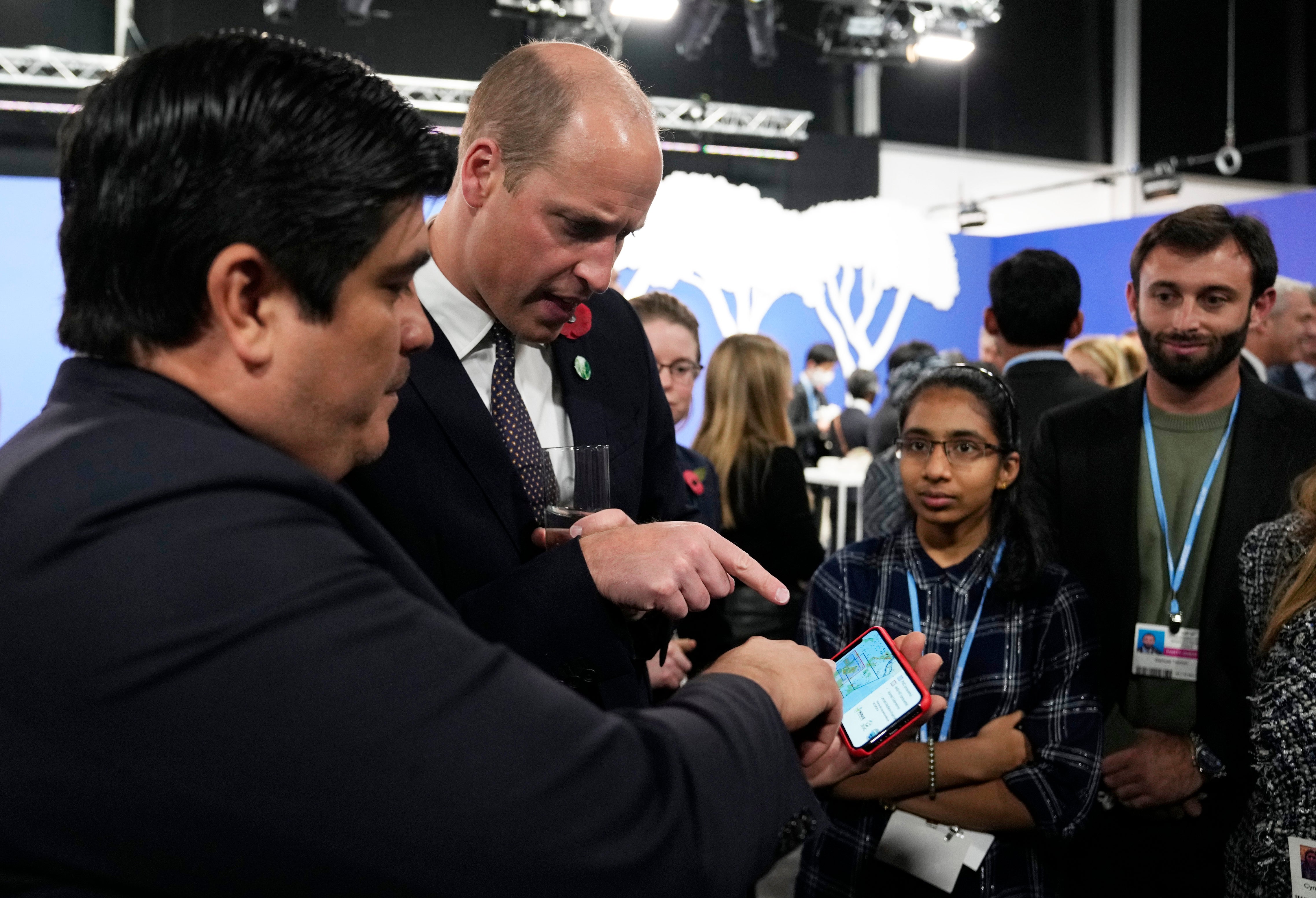4 LatAm nations create fishing-free corridor in east Pacific
Four Latin American countries have announced that they will expand and unite their marine reserves to create a vast corridor in the Pacific Ocean in hopes of protecting species like sea turtles, tuna, squid and hammerhead sharks

Four Latin American countries announced Tuesday that they will expand and unite their marine reserves to create a vast corridor in the Pacific Ocean in hopes of protecting sea turtles, tuna, squid, hammerhead sharks and other species.
The new marine corridor will connect the Galapagos Islands in Ecuador with Colombia’s Malpelo Island and the Cocos and Coiba Islands in Costa Rican and Panamanian waters, protecting migratory species from fishing fleets of hundreds of vessels that visit the eastern Pacific each year.
The announcement was made during the U.N. climate conference in Glasgow Scotland, where world leaders gathered to discuss carbon emission targets and other environmental policies.
It comes amid growing concern over industrial fishing in the eastern Pacific, where fishing fleets from China and other countries are hauling in hundreds of thousands of tons of marine life each year using questionable methods.
The presidents of Costa Rica, Colombia, Panama and Ecuador were in Glasgow to announce the expansion of their marine reserves.
“We are going to protect ecosystems like the Galapagos and the Cocos Islands, which are among the world’s most valuable ecosystems,” Costa Rican President Alvaro Quesada said.
Efforts to create a protected corridor in the eastern Pacific began in 2004, when Panama, Colombia, Costa Rica and Ecuador signed a declaration that sought to protect their island territories in the Pacific. Since then those countries have created marine reserves around the Galapagos, Malpelo, Cocos and Coiba islands, which have very small human populations but are home to hundreds of marine and bird species.
The new corridor will create a protected area of around 500,000 square kilometers (about 190,000 square miles) that will be off limits to industrial fishing fleets.
The Latin American countries said they are trying to contribute to a global initiative to preserve 30% of the world’s oceans and land area 2030 as a way to address climate change.
Colombian President Ivan Duque said the new corridor is “the largest marine protected area in the Western Hemisphere.”
Panamanian President Laurentino Cortizo said: “We have heard lots of speeches about climate change, lots of commitments that are not met. This is a powerful action, and that’s what our country and the world needs.”
Bookmark popover
Removed from bookmarks